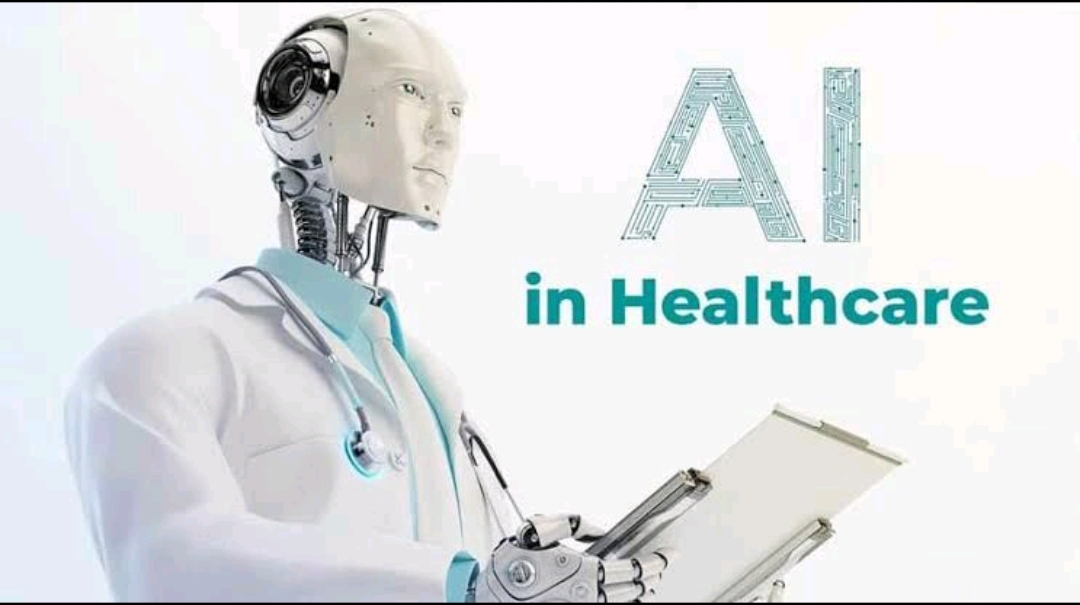
Artificial Intelligence (AI) is revolutionizing every industry, and healthcare is no exception. One of the most promising applications is using AI to assist in medical diagnoses and suggest treatments, making healthcare more accessible, affordable, and personalized.
How AI Can Be Used in Medicine
1. Symptom Analysis and Treatment Suggestions
AI-powered platforms can analyze symptoms provided by patients, compare them with vast medical databases, and suggest potential diagnoses and treatments. This helps ensure faster and more accurate care.
2. Affordable Healthcare
AI tools can significantly reduce the cost of consultations. Unlike traditional visits to a doctor, AI systems can provide assistance at a fraction of the cost, making quality healthcare accessible to more people.
3. Unlimited Availability
AI doesn’t get tired or bored. It can listen to patients as long as needed, providing empathy and understanding without limitations. This is especially beneficial for those requiring extended consultations or second opinions.
4. Data-Driven Insights
AI can analyze a patient’s medical history, current symptoms, and lifestyle factors to deliver personalized recommendations. This ensures treatments are not only accurate but also tailored to individual needs.
5. Reducing the Burden on Healthcare Systems
By handling routine cases or preliminary assessments, AI can free up doctors’ time for more complex cases, improving overall efficiency in healthcare.
Challenges to Consider
While AI has immense potential, it’s essential to ensure:
- Accuracy: AI tools must be trained on reliable and diverse medical data.
- Ethics: Privacy and data security must be prioritized.
- Human Oversight: AI should complement doctors, not replace them entirely, ensuring critical decisions are reviewed by professionals.
The Future of AI in Medicine
AI has the potential to bridge gaps in global healthcare. From symptom checkers to virtual consultations, it’s reshaping how we view medical care. With ongoing advancements, it’s only a matter of time before AI becomes an integral part of our healthcare journey.
What are your thoughts on AI in medicine? Could it revolutionize healthcare or is there still a long way to go? Share your insights in the comments!